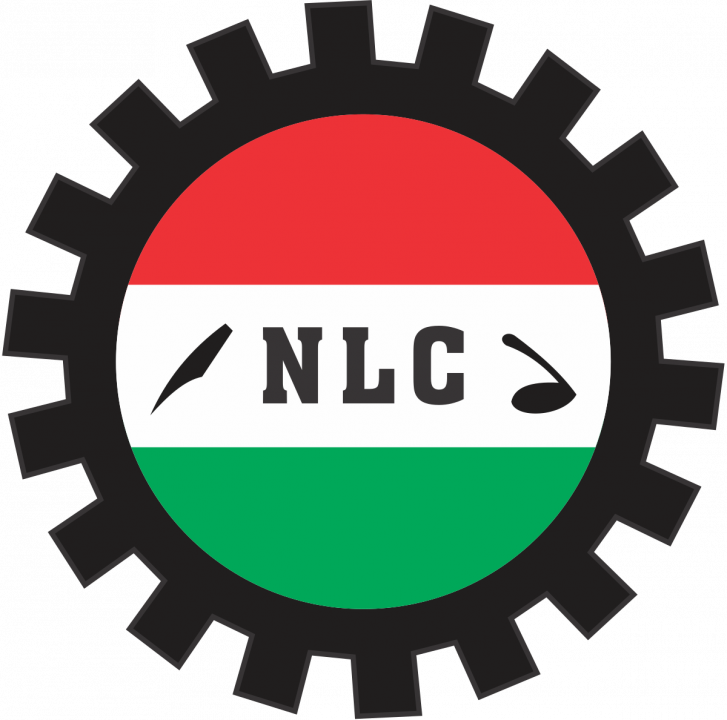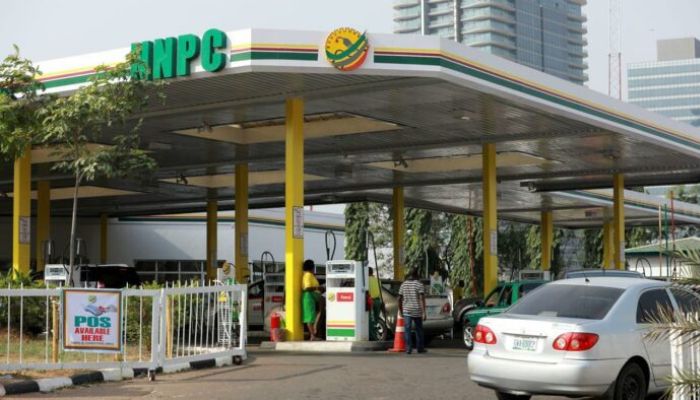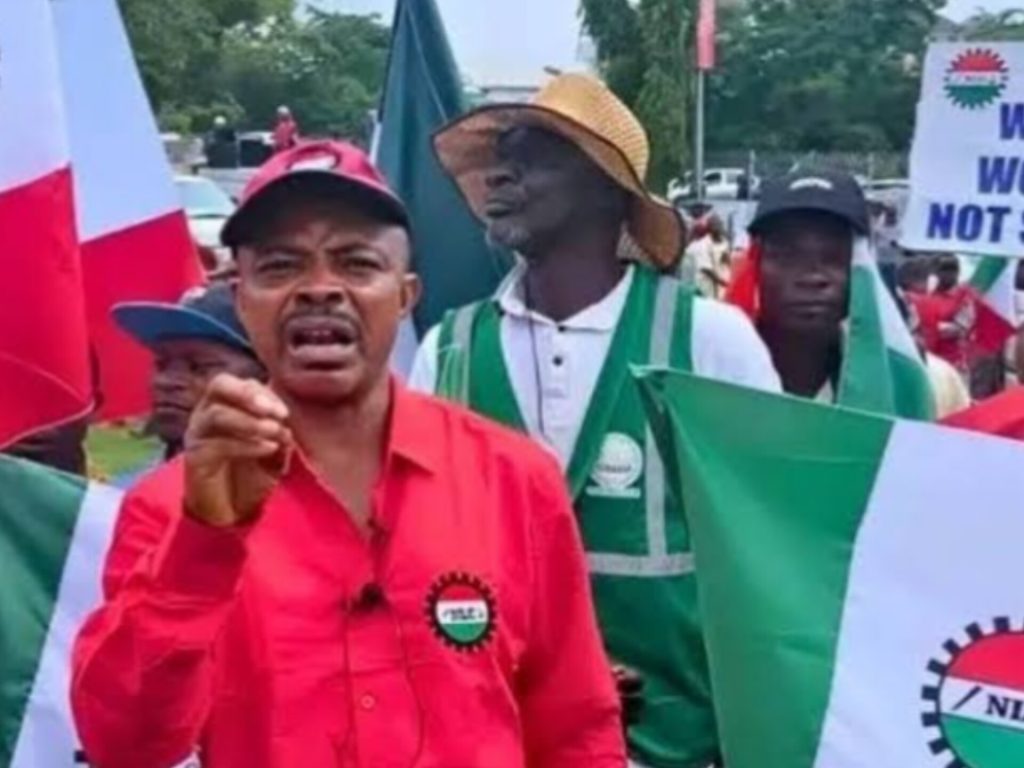N70k minimum wage not Fuel Hike – Ajaero

In a recent televised interview, the President of the Nigeria Labour Congress (NLC), Joe Ajaero, shed light on the twists and turns that led to the accepted N70,000 minimum wage in a meeting with President Bola Tinubu.
Ajaero, recounting the events, divulged that the President had initially proposed to the NLC that the subsidy on petroleum products be removed to make room for an increase in the minimum wage to the requested N250,000.
The offer, however, was swiftly rejected by the NLC, prompting the President to give them an hour to deliberate on their decision and return with an answer. After a week of consideration, the NLC returned to the negotiating table with a firm stance on their mandate to discuss only the minimum wage, settling on an agreement of N70,000.
Amidst the revelation, Ajaero remained steadfast in his conviction, challenging the notion that the President may have reneged on an alleged agreement with the NLC to maintain fuel prices.
The NLC’s handling of the situation exemplifies their astute negotiation tactics and commitment to their primary objective of securing a higher minimum wage for Nigerian workers.
As the labour body navigated the delicate balance between advocating for workers’ rights and maintaining constructive dialogue with the government, their shrewd approach to the bargaining table proved instrumental in securing the N70,000 agreement, albeit lower than their initial demand.
Despite the political chess game played behind closed doors, the NLC’s unwavering pursuit of a better future for Nigerian workers shines as a beacon of hope in the nation’s labour landscape.
The intricate web of negotiations and counteroffers in the minimum wage talks serves as a window into the complex interplay between politics and labour rights in Nigeria.
With the NLC firmly asserting their role as a powerful voice for workers, their determination and persistence to secure a higher minimum wage in the face of political pressure highlights the ongoing struggle for social and economic justice in the country.
The N70,000 minimum wage agreement, while not reaching the initial target set by the NLC, stands as a testament to their resolute representation of Nigerian workers.
As the nation grapples with the ever-evolving dynamics of economic growth and social stability, the actions of the NLC in this crucial negotiation serve as a reminder that the power of collective bargaining remains a critical tool in shaping the future of Nigeria’s labour landscape.
The story of the NLC’s dogged pursuit of a higher minimum wage, despite the ever-shifting landscape of economic and political dynamics, is a parable for the significance of organized labour in safeguarding the rights and well-being of workers in Nigeria.
While the path to a more equitable society remains paved with challenges, the NLC’s unwavering commitment to its members is a beacon of hope for a better tomorrow.






